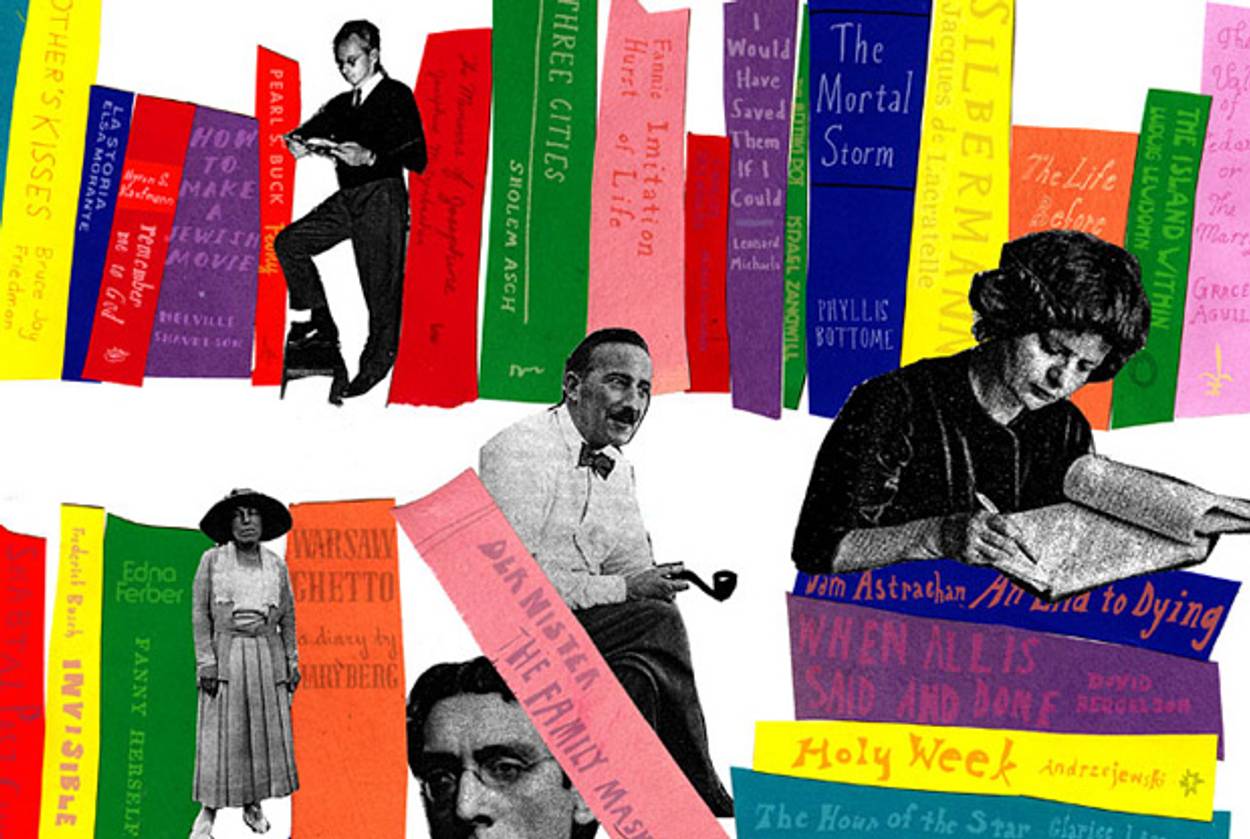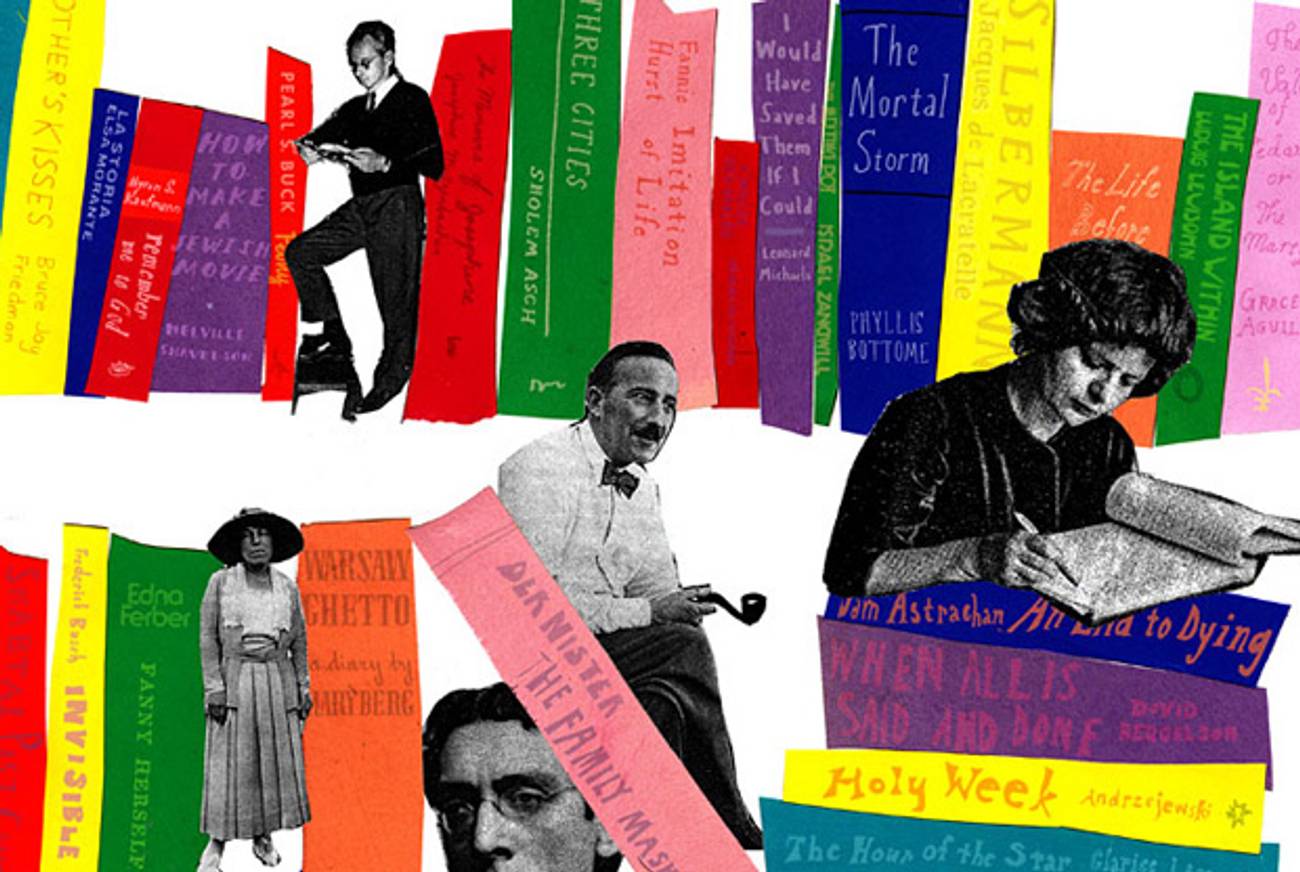Jerzy Boy
Lost Books




“Lost Books” is a weekly series highlighting forgotten books through the prism of Tablet Magazine’s and Nextbook.org’s archives. So, blow the dust off the cover, and begin!
Veterans Day provides a compelling opportunity to look back at Andrea Crawford’s 2007 essay written upon the publication of an English translation of Holy Week, Jerzy Andrzejewski’s 1945 account of the Warsaw Ghetto uprising. Holy Week was a novel, an outsider account in the most literal way possible—it was written after Andrzejewski, a Pole, witnessed the uprising from his apartment—and, unsurprisingly, it was not particularly well-received in Poland. The novel attacks anti-Semitism and chastises the complacency of well-meaning but inactive Poles, depicted in the protagonist Jan’s struggle over whether to hide a female Jewish friend fleeing the ghetto.
Though Andrzejewski, born in Warsaw in 1909, gained widespread attention for publishing the first account of the uprising, the book, unavoidably raw and difficult to digest, failed to garner critical attention and succeeded to make nearly everyone—Catholics, Jews, other writers—uncomfortable and then angry. “It is possible, however, that it will find a new generation of readers who value the immediacy of its author’s honest eyewitness account,” Crawford wrote of the English translation. “Perhaps such readers will not dismiss the book as a confirmation of stereotypes, but find in Andrzejewski’s story a new understanding of one Pole, who witnessed the ghetto burning, watched friends die, and immediately put into print—for the first time in Polish literature, Swan claims—not only his countrymen’s anti-Semitism in violent form but also a tragic tale about the weakness of human nature.”
Read Wartime Truths, by Andrea Crawford
Stephanie Butnick is chief strategy officer of Tablet Magazine, co-founder of Tablet Studios, and a host of the Unorthodox podcast.